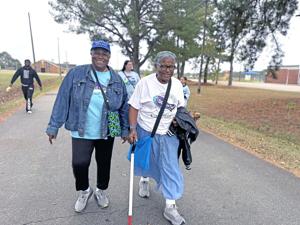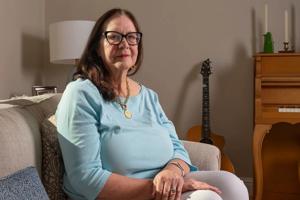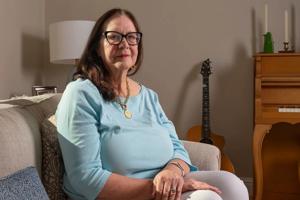Sensei Biotherapeutics Reports New Clinical Results Highlighting Durable Progression Free Survival Data for Solnerstotug in PD-(L)1 Resistant Tumors at the ESMO Congress 2025
6-month progression-free survival (PFS) of 50% in the higher 15 mg/kg dose cohort compares favorably to historical PD-(L)1 refractory settings –All clinical responses, including a complete response, observed in the higher 15 mg/kg dose cohort –Favorable safety profile with six cases of mild, manageable grade 1 cytokine release syndrome (CRS) across all patients treated to date, all of which occurred in the 15 mg/kg dose cohort –Data support advancement to Phase 2 studies, currently being planned in Non-Small Cell Lung Cancer and Merkel Cell Carcinoma –Sensei to host investor webcast Monday, October 20th at 8:00 AM ET –BOSTON, Oct. 17, 2025 (GLOBE NEWSWIRE) -- Sensei Biotherapeutics, Inc. (NASDAQ:SNSE), a clinical-stage biotechnology company focused on the discovery and development of next-generation therapeutics for cancer patients, today announced results from the dose expansion portion of its Phase 1/2 trial evaluating solnerstotug (formerly SNS-101), a conditionally active monoclonal antibody targeting VISTA (V-domain Ig suppressor of T cell activation). The data will be shared today during a mini oral session at the ESMO Congress 2025.The Phase 1 dose expansion is a multi-center, open-label study evaluating solnerstotug as monotherapy and in combination with Libtayo® (cemiplimab), Regeneron's PD-1 inhibitor. The study enrolled patients with a basket of "hot" tumor types (that typically respond to immunotherapy) (n=44), of whom 41 had previously received and progressed on PD-(L)1 therapy, as well as patients with "cold" tumor types (that typically exhibit primary resistance to immunotherapy) (n=20).Patients who progress following treatment with PD-(L)1 inhibitors ("secondary resistance") face a particularly poor prognosis, as resistance to immune checkpoint blockade is a significant challenge in oncology. For patients who develop secondary resistance, the likelihood of benefiting from a rechallenge with the same therapy is estimated to be 5% or less.1Currently, treatment options for PD-(L)1 resistant tumors are limited, with many patients receiving chemotherapy, experimental therapies in clinical trials, or palliative care in the absence of effective alternatives. While historical benchmarks in this setting are limited, docetaxel, which is widely used in the 2nd line post-PD-(L)1 setting for Non-Small Cell Lung Cancer (NSCLC), typically has a 6-month PFS of 10-20% in similar patient populations.2 To date, immune checkpoint inhibitor (ICI) combination therapies have not been approved in this setting.Emerging Clinical Signal and Favorable Tolerability ProfileAs of the September 8, 2025, data cutoff, 35 efficacy-evaluable "hot tumor" patients had received cemiplimab with either 15 mg/kg (n=19) or 3 mg/kg dose (n=16) of solnerstotug. Six clinical responses, including five in patients with PD-(L)1 resistant tumors, occurred at the higher 15 mg/kg solnerstotug dose, and no objective responses were observed at the 3 mg/kg dose.Among 41 "hot tumor" patients that received and progressed on a prior PD-(L)1 therapy, the overall 6-month PFS rate was 37%, which compares favorably with historical benchmarks in this setting. At 15 mg/kg, 6-month PFS reached 50% among PD-(L)1 resistant patients, surpassing rates historically seen in this treatment-refractory population. ...Full story available on Benzinga.com












